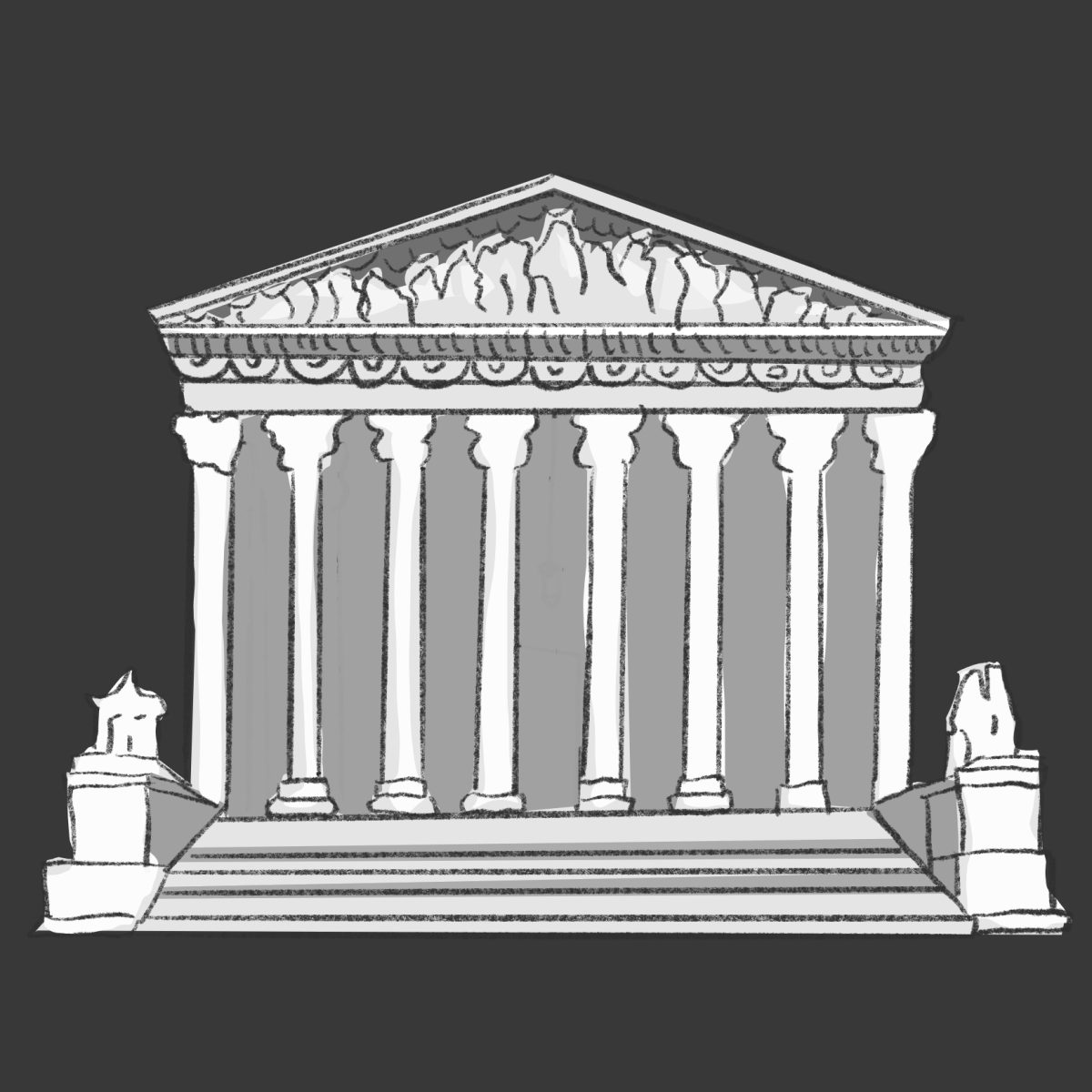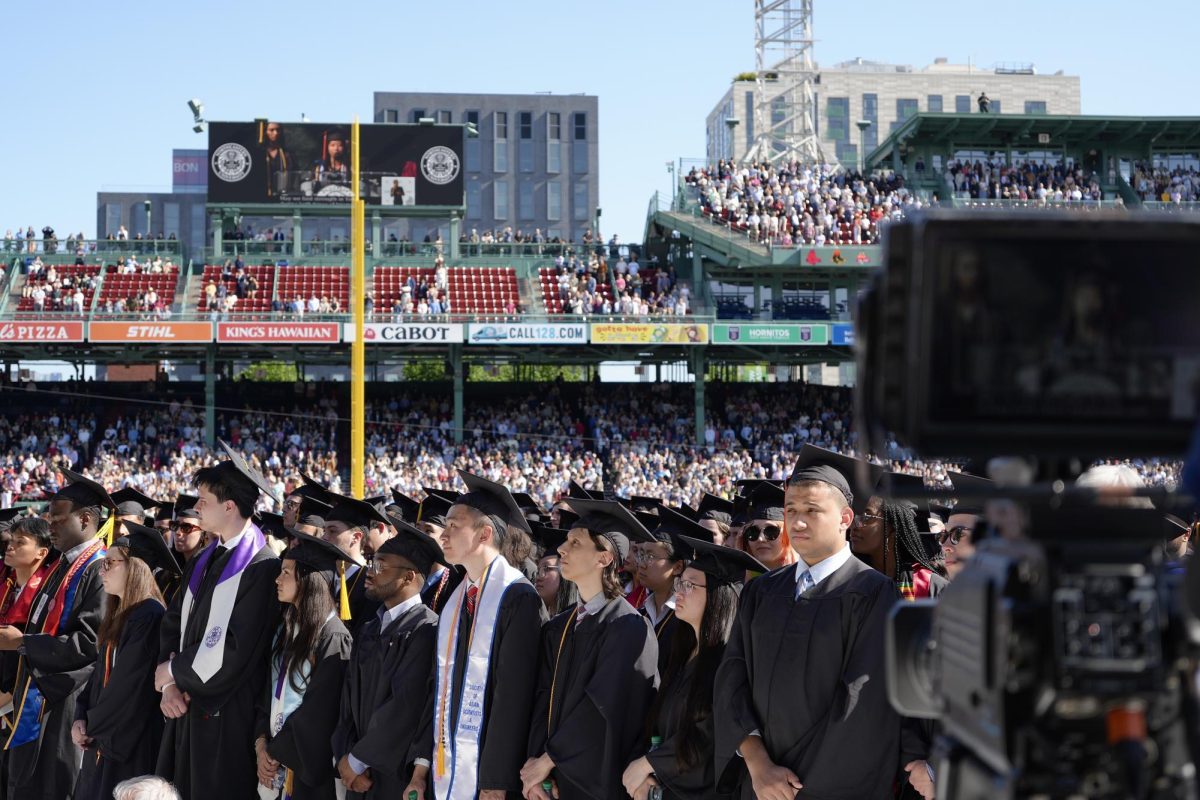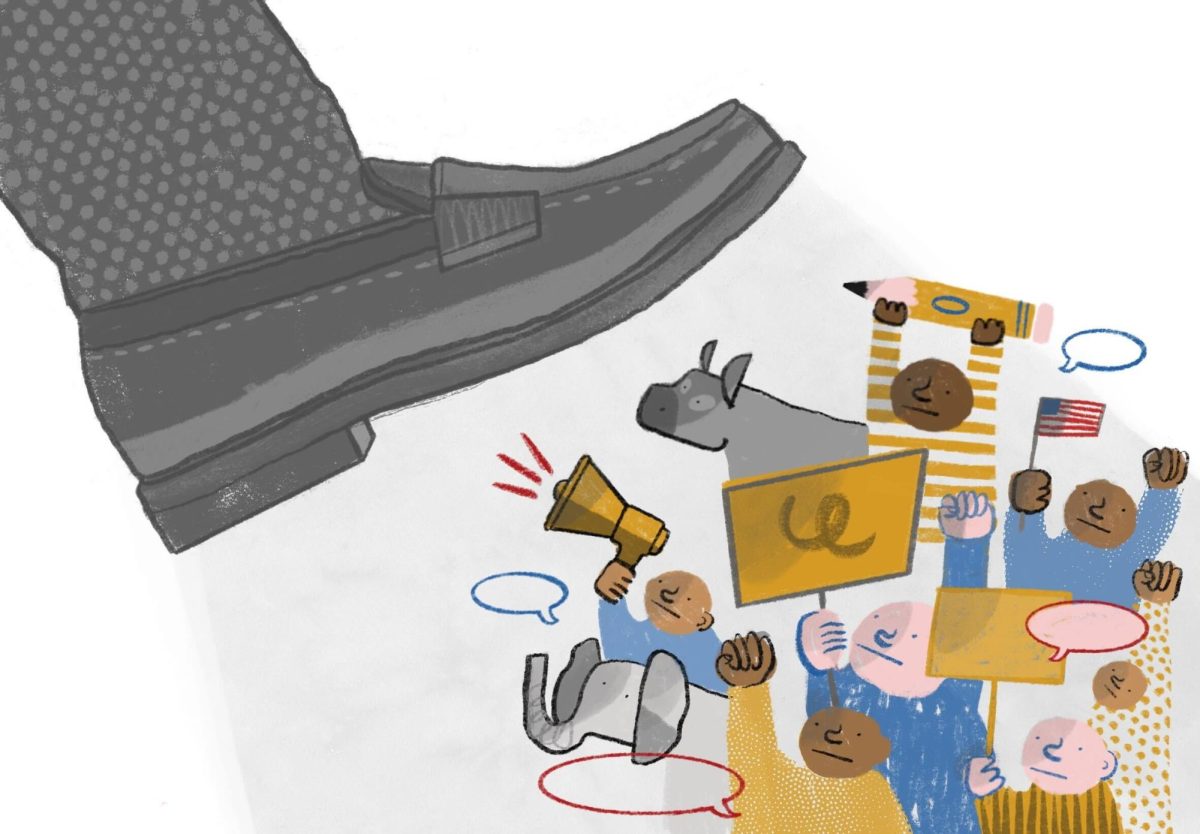After a flurry of hotly debated rulings delivered since the summer of 2021, the Supreme Court of the United States, or SCOTUS, has become an increasingly controversial institution in American politics. The Court has continued the work of its tumultuous 2022 term with the abrupt end of affirmative action and its determination to weaken the administrative authority of the federal government. As the Court deliberates issues of incredible urgency, including online free speech protections, it is more important than ever for the public to monitor and criticize the activity of the Supreme Court.
Court watching has also increased in importance because of the Court’s slippery use of the “shadow docket,” a special fast-track process for time-sensitive cases that expedites less consequential rulings by withholding full, public arguments. For example, the Court controversially used the shadow docket in 2021 to allow the enforcement of an abortion ban in Texas until another relevant case could be decided by the Court. These rulings are less likely to attract national attention but can still have major legal and ideological implications.
Although the Court’s current term seems much less explosive on paper, there are many cases that could discreetly shift the balance of powers within the government and radically transform the precedent future cases will be decided on.
For example, the Court is scheduled to hear arguments in a case regarding commercial fishing laws in New Jersey. Although the case seems of little relevance to the general public, it has the potential to overturn “Chevron deference,” a standard set by a 1984 case that gave federal agencies wider latitude to perform necessary functions. This ruling, which could cripple the American administrative state, has gotten very little press coverage, likely due to the legal intricacy and lack of interest in the case.
The American public must not let the complicated arguments of the Court discourage them from understanding and evaluating the Court’s decisions and legitimacy, which is exactly where universities, scholars and students can step in. Research universities and higher education institutions are uniquely positioned to perform this important work because of their high concentration of resources and degree of political saliency. At a time when SCOTUS seems more disconnected from the general public than ever, scholars and students can help bridge the gap between the inaccessible legal body and concerned citizens.
Even after some of the most volatile terms in recent history and record-low approval ratings, the Court’s most conservative justices do not seem discouraged or embarrassed by their hyperactivity. Operating in a vacuum of accountability, many justices have flagrantly abused their influence for personal gain and ideological achievement. Among the most blatant of the offenses was billionaire and real estate magnate Harlan Crow’s payment of boarding school tuition for Justice Clarence Thomas’ nephew, a “gift” that couldn’t help but arouse scrutiny and suspicion.
Without a clear system of rules for addressing justices’ unethical behavior, political and academic actors are left to enfore the expectations of SCOTUS justices on their own, creating a wide disparity between the legal values of the nation and the reported behavior of justices.
Now, with a vague ethics code only recently implemented by SCOTUS, Court watching continues to be a crucial method for identifying and discouraging unethical behavior by the nation’s most powerful judges. Although the ethics code is a step in the right direction, it is largely an adoption of principles and policies already followed by the justices and reads more as an explanation of bad behavior than a concerted attempt to cleanse corruption from the Court. However, the adoption of an ethics code demonstrates that the Court is not immune to public scrutiny and fears being delegitimized by the general public.
As students of well-connected and well-funded universities, it is our responsibility to support, consume and perform the research that allows the public to understand and criticize the Court’s role in American politics and society. This work can be tedious and oftentimes goes underappreciated, but is necessary for forecasting Court trends and enforcing the Court’s ethical principles. It’s easy to get comfortable in the self-selected ideological bubbles of universities, especially ones in majority liberal cities like Boston. However, these decisions have very real and immediate consequences for people with less privilege and protection, including those who could be exposed to abuse from the deregulation of state governments and agencies.
Because the Supreme Court continues to grow in influence while losing support from the public, ignorance is not only irresponsible but also dangerous.
Court watchers and other political actors can and should pressure the Court to maintain its status as a lawful and righteous legal body. In a legal system that is centered around lifetime appointments, it is sometimes necessary to use the pulpit of public opinion to discourage justices’ unethical behavior.
The work done in universities can further develop these conversations while analyzing the American political landscape and researching the implications of decisions, Court culture and ethics violations. Not only can students get involved on their campuses by hosting political discussion groups or writing for publications like political reviews, newspapers and magazines, but also by making use of their university’s research resources to uncover tools and strategies that can be used by the public in interpreting the rulings and culture of the Supreme Court.
By building networks of support and information for Court watching, students and scholars can create a political environment that holds the Supreme Court to the fundamental ethical standards of nearly every other profession in the nation.
Joseph Brant is a second-year Political Science and Economics major. He can be reached at brant.j@northeastern.edu.
















